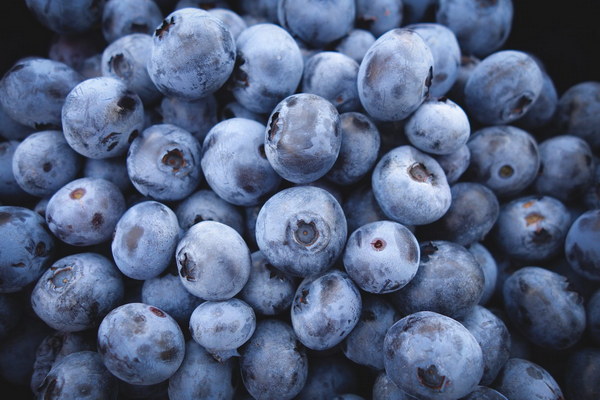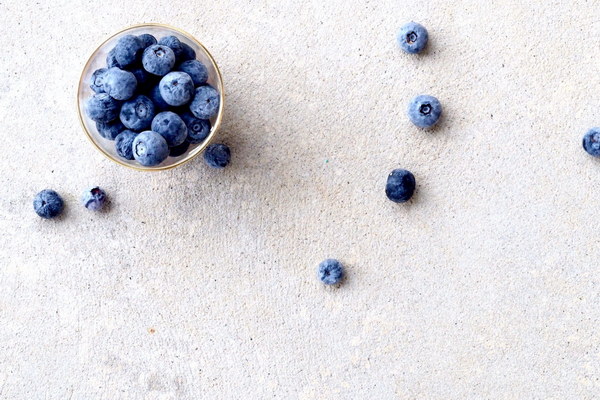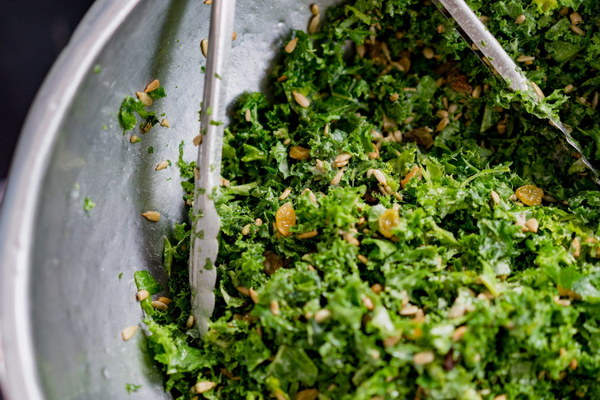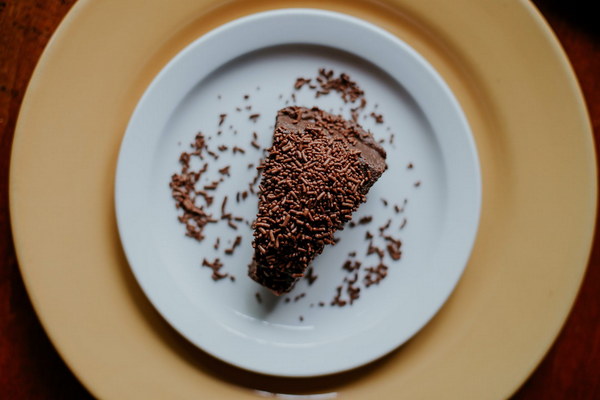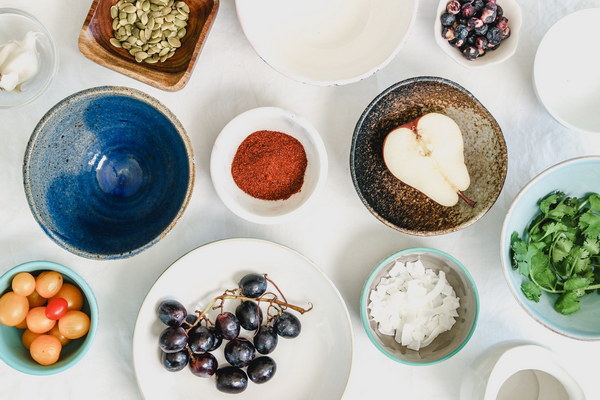Revitalize Your Liver Blood A Guide to Nutritional Therapies for Liver Blood Deficiency
Liver blood deficiency, also known as Liver Blood Deficiency, is a common Traditional Chinese Medicine (TCM) diagnosis that refers to a condition where the liver does not have enough blood to perform its various functions. This condition can lead to a range of symptoms, including fatigue, dizziness, blurred vision, and menstrual irregularities. To combat this deficiency, TCM suggests a variety of dietary remedies that can help nourish the liver blood and restore balance. Here's a comprehensive guide to some of the most effective nutritional therapies for liver blood deficiency.
1. Incorporate Blood-Nourishing Foods
The first step in treating liver blood deficiency is to include foods that are rich in iron, vitamin E, and other nutrients that support blood health. Some of the best food sources for this include:
- Dark leafy greens, such as spinach and kale
- Legumes, like lentils and chickpeas
- Nuts and seeds, like almonds and sunflower seeds
- Lean meats, such as chicken and turkey
- Eggs
- Fortified cereals and grains
2. Consume Liver-Supporting Herbs
In addition to dietary adjustments, incorporating specific herbs can also help nourish the liver and support blood health. Some of the most commonly used herbs for liver blood deficiency include:

- Dong quai (Angelica sinensis): Known for its blood-nourishing properties, this herb is often used to treat menstrual irregularities and fatigue.
- Chuan xiong (Ligusticum chuanxiong): This herb is believed to improve blood circulation and reduce symptoms of liver blood deficiency, such as pain and stiffness.
- Peony (Paeonia lactiflora): Peony is used to nourish the liver and calm the mind, making it beneficial for those with symptoms of anxiety or irritability.
3. Follow a Balanced Diet
A balanced diet that includes a variety of nutrients is essential for maintaining liver health. Some general guidelines to follow include:
- Eat a variety of fruits and vegetables to ensure you're getting a wide range of vitamins, minerals, and antioxidants.
- Choose whole grains and legumes to provide sustained energy and fiber.
- Incorporate healthy fats, such as those found in nuts, seeds, and olive oil, to support liver function.
- Limit processed foods, sugary drinks, and excessive alcohol consumption, as these can contribute to liver damage.
4. Practice Regular Exercise
Regular physical activity is beneficial for overall health, including liver function. Exercise can improve blood circulation, reduce stress, and promote relaxation. Some activities that are particularly good for liver health include:
- Walking
- Yoga
- Tai Chi
- Qigong
5. Manage Stress
Stress can have a significant impact on liver health. High levels of stress can lead to an imbalance in the body's hormones, which can, in turn, affect the liver's ability to process toxins. To manage stress, consider the following strategies:
- Practice mindfulness or meditation
- Engage in hobbies or activities that bring you joy
- Prioritize sleep and rest
- Seek support from friends, family, or a mental health professional
In conclusion, treating liver blood deficiency involves a combination of dietary adjustments, herbal therapies, and lifestyle changes. By incorporating blood-nourishing foods, liver-supporting herbs, and stress-reduction techniques, you can help restore balance to your liver and improve your overall health and well-being. Always consult with a healthcare professional before starting any new treatment or dietary regimen.
